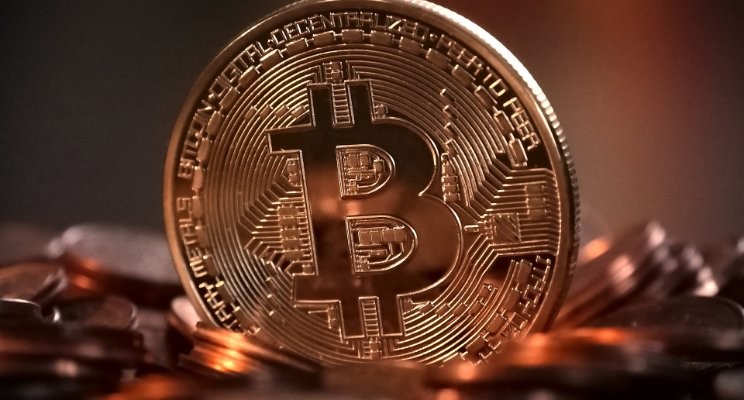
Cryptocurrency for Dummies
This article was originally published here.
Have you noticed lately that all of social media is popping up with some connection or other to Bitcoin? If you haven't, chances are you are living under a rock.
This year saw a phenomenal increase in popularity for cryptocurrency - from the skyrocketing valuation of Bitcoin, to the rise of mining farms around the world.
Chances are you might have googled, "Bitcoin" which would have left you baffled by the information overload, leaving you more confused than ever. When I first started, I faced the same. But after scrolling through many websites, articles, and info graphics, I realized that the inner working of cryptocurrencies required technical knowledge, but learning its basics was rather simple.
In this write-up, I intend to remove the mysterious haze surrounding "Bitcoin".
Read on to know the basics of Cryptocrrency!
How did Cryptocurrency come into play?
Say, you go to a bank and desire to do some cash transactions. Any transaction you do is managed by the central server of the bank. Since all the information is stored in a single place, it could easily be tampered with. Moreover, it gave the bank supreme authority. Hence, every transaction was based solely on the trust placed on the central authority (bank, in this case). Thus, began a mission to find a solution for this problem.
In 2008, Satashi Nakamato came up with a "peer-to-peer" digital cash system called "Bitcoin". The most desirable thing about Bitcoin was that it was "decentralized". It removed the concept of a single supreme authority. Bitcoin operated on the absolute consensus of peers and not a third party. Also, it made the transactions more discreet.
We spoke of an "agreement" or "consensus" that was reached between the two parties. This is where "Blockchain" technology comes into play. Going into the specifics would require sound technical knowledge and a lot of time.
Briefly put forth, a block is a set of limited entries in a database that cannot be changed once it has been agreed upon by the peers in the network. These blocks link together to form a series of distributed registers that are known as a blockchain. This system was used to conduct transactions in Bitcoin.
Okay, so what on earth is Cryptocurrency?
Before I go about explaining what Cryptocurrency is, let's learn what are the different types of currencies (broad classification) :
Fiat and non-Fiat currencies
Fiat currency - Its a currency whose value is defined by the government, such as the dollar, rupee and the dhiram. It has no intrinsic value on its own. A piece of paper such as a ten rupee note, has the value of ten rupees only because it is said so by governmental decree. On its own, its just a worthless piece of paper.
Non fiat currency - A currency which has intrinsic value on its own, such as gold and diamond. The demand for gold is very high, which makes it valuable.
So, in which of these categories does Cryptocurrency fit in? None!
Cryptocurrency comes somewhere in between the two. Bitcoin is recognized by most governments as a form of currency but does not have any value on its own.
So what makes Bitcoins costly?
According to the simplest economic concepts, as demand increases for a particular commodity, so does its value.
The same concept applies for Bitcoin too. When enough people possess Bitcoin, their value increases, making more people want Bitcoins, which increases their value furthermore. Bitcoin derives its value from the people who recognize it as a viable store of wealth or as a medium of exchange to buy and sell things. Hence, the more people invest in it, the higher its price will climb.
At the time of writing this article, the value of Bitcoin is 9464.99 USD or 6.1Lakh INR!
Just as all popular tends come to the market, it's bound to leave some day. Critics argue that Bitcoin will lose its popularity and hence, its value over time..
Even though the market of cryptocurrency is volatile, with sudden highs and lows, I don't see Bitcoin stopping anywhere in the near future. The market may be unpredictable, but while everyone wants cryptocurrencies, they will only grow in use.
If Bitcoin moves in the same pace as it is today, five years from now, Bitcoin could become the International Currency and could topple the economy of entire governments.
"Bitcoin will do to banks what email did to the postal industry"
With that thought in your head, I take leave.